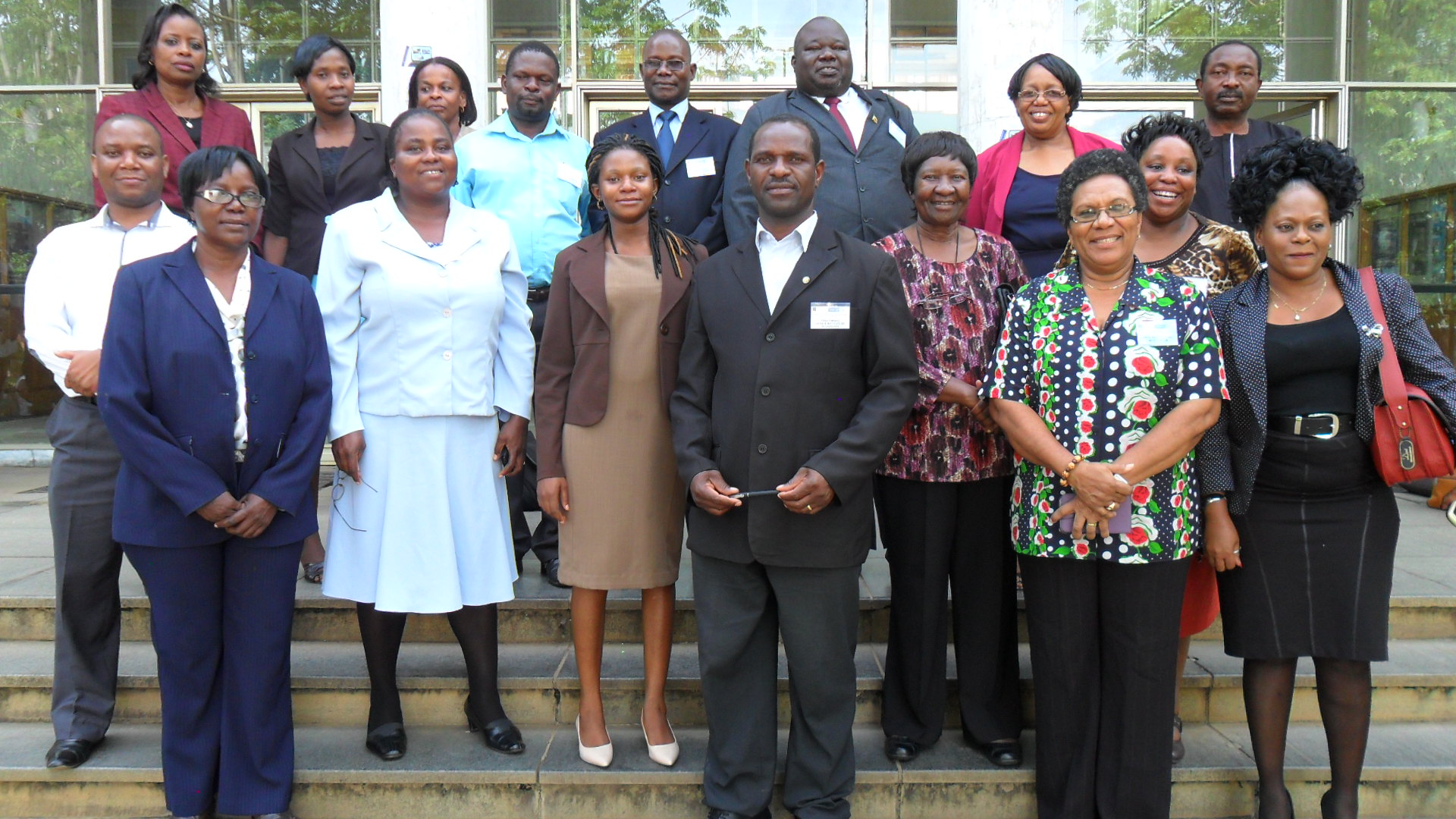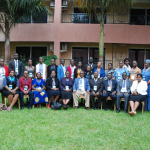
How Zimbabwe’s library consortium is fulfilling its access-to-knowledge mission
Access to research information and knowledge is essential for any strong research and knowledge system. In our previous post, the chairperson of the Ugandan library consortia shared CUUL’s experiences and future plans for providing independent, sustainable access to research for Ugandan students and researchers.
In this post, we hear from Audrey Mhlanga, a founding member of Zimbabwe University Libraries’ Consortium (ZULC) and a team leader of the Consortium’s Marketing & Advocacy and Licensing & Negotiations Work Group. In March 2018, ZULC moved to a direct relationship with international publishers in negotiating and liaising to provide access to scholarly research for institutions in Zimbabwe.
For several years we have been working towards achieving our mission to provide leadership in access to knowledge, information and resource sharing through collaboration, capacity building, advocacy and networking in support of national development. INASP has been with us on our journey. Now, after transition to direct management this year, we are working independently.
Over the past couple of years, members of the consortium have acquired the requisite knowledge and skills in a number of areas of consortia management, licensing and negotiations through participation in various INASP sponsored workshops. The consortium can now confidently pursue advocacy and fundraising to enhance its visibility and sustainability. We have engaged at least one publisher in negotiations and have had publisher representatives demonstrate various products.
The availability of foreign exchange currency has been an issue in Zimbabwe for the past couple of years. We have been directly advising publishers of delays in settling 2018 invoices, as the required foreign exchange only became available in July.
Although we are still to gather more practical experience in negotiations, the knowledge we have acquired so far gives us much-needed confidence. The one thing that we would like publishers to consider as we enter negotiations with them later this year is to send invoices for 2019 by November. This will enable ZULC to engage local bank officials early enough so that the publishers’ payment deadlines are met.
Key achievements and strengths
We are working on the finalization of our strategic plan document, which hopefully will be launched at ZULC’s upcoming meeting at the end of September. We see finalization of this document as one of our key achievements this year. Other notable achievements are the product demonstration workshops by publishers/aggregators to the ZULC Council of Directors to help us in considering possible subscriptions, and several e-resources training sessions that we have conducted for our affiliate members.
Our ability to manage the consortium with volunteers from within member institutions is remarkable. It is also important to note that our efforts of cooperation and collaboration extend beyond sharing the cost of electronic resources. They include the purchase of software as well as contract negotiation for the service of equipment.
Our future plans for developing and continuing to strengthen the consortia include various capacity-building initiatives, and progress will be driven by Work Groups. Delegation of authority to younger members within member institutions is a major strategy that we are using to build capacity within the consortium and thereby strengthen it. Training workshops for members, affiliates and researchers in member institutions will increase. Although there has already been some growth in membership, ZULC will be intentional about recruiting new members. More engagement with publishers is also envisaged as higher education curricula in Zimbabwe continue to evolve and the economic climate improves.

 Previous Post
Previous Post Next Post
Next Post


